PROTECT YOUR DNA WITH QUANTUM TECHNOLOGY
Orgo-Life the new way to the future Advertising by AdpathwayOver the years, the sport of BJJ has been growing at a rapid rate. It is now practiced and watched by millions around the world.
It has become more accessible to view thanks to organizations like the IBJJF, ADCC, and CJI. The last ADCC and CJI events drew over ten thousands in attendance and millions of online viewers.
These events even got attention from top oddsmakers in Vegas and numerous online casinos. Jiu-jitsu fans placed their bets and played online slots real money, enjoying themed games inspired by martial arts and competition. Many platforms now feature slot titles that capture the intensity and strategy of combat sports, making them popular among fans who enjoy both excitement and precision.
Some fans believe that Jiu-Jitsu has the potential to be an Olympic sport. Unfortunately, there are several obstacles that are keeping BJJ from becoming an official Olympic Sport.
Here is a breakdown of everything that is keeping BJJ from becoming an Olympic sport.
What is Keep BJJ From Becoming an Olympic Sport?
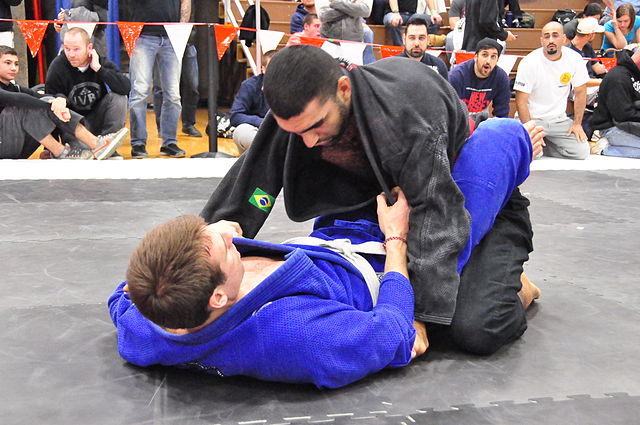
The International Olympic Committee(IOC) enforces rigorous criteria for new sports, which includes the following:
- Unified Global Federation
- Standardized Rules
- Widespread Participation
- Anti-Doping Compliance
- Spectator Appeal
BJJ struggles across the boards in these fronts, compounded by internal community divisions and perceived overlaps with established Olympic disciplines like Judo and wrestling.
Governance Fragmentation
At the heart of BJJ’s Olympic exclusion is the absence of a single, IOC-recognized international governing body. The IOC requires a non-profit federation to oversee rules, events, and athlete representation, ensuring alignment with Olympic values like fairness and Inclusivity.
BJJ, however, is fragmented among competing organizations. The IBJJF dominates gi-based competitions and claims over 1,900 affiliated academies in 100 countries, but it’s a private entity.
Not being a non-profit organization disqualifies the IBJJF under IOC standards from being the overseeing organization of the sport. Other organizations like the ADCC and CJI being No-Gi based professional leagues and for-profit also disqualify them under IOC standards.
This splintering of various Jiu-Jitsu organizations, with no centralized authority, means inconsistent athlete pathways, rankings, and event sanctioning. Without consolidation, BJJ can’t meet the IOC’s demand for a “strict hierarchy of federations.”
Inconsistent Rules and Standardization Challenges
Compounding governance issues within the sport are BJJ’s inconsistent rulesets, which vary across the different organizations. IBJJF events divide athletes by rank with matches lasting between 5-10 minutes.
Then on the other side of the grappling spectrum, the ADCC is all No-Gi matches are 10 minutes. The ADCC also allows a larger variety of leglock submissions than the IBJJF.
This lack of Standardization confounds the IOC, which insists on “worldwide standardized rules” for clarity and fairness. BJJ’s different scoring systems are also an issue.
In the IBJJF, advantages are given out for near points, which can be confusing to understand. Subjective judge’s decisions when matches end in ties further complicates matters.
However, critics argue that this diversity within BJJ is part of the sport’s charm. Some believe that it allows the sport of Jiu-Jitsu to foster innovation.
They also feel that the current sport of BJJ mirrors Judo’s pre-Olympic evolution. However, when the IJF was formed, it streamlined rules, which led to banned leg grabs, and limiting groundwork to prioritize throws.
These critics fear that the sport of BJJ will get diluted just like what happened to the sport of Judo.
Global Reach and Participation Gaps
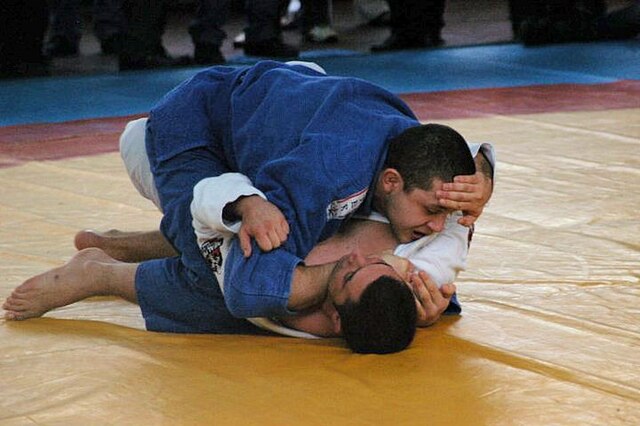
BJJ’s relative youth and uneven global footprint also hinder progress. The sport has only gained traction as a sport over the last 30 years.
Only during the last 10-20 years has Jiu-Jitsu really become an international sport. The IOC favors sports with deep traditions and broad participation. While BJJ thrives in Brazil, the US, and parts of Europe, elite black belt depth is shallow everywhere else.
Brazil still dominates podiums, with over 90% of top Brazilian athletes medaling in top BJJ competitions. One country completely dominating a sport is a big strike against Jiu-Jitsu.
This is the same reason why you will never see American football become an Olympic sport.
Anti-Doping Issues
Drug testing is another huge issue holding BJJ back from becoming an Olympic sport. There is no WADA compliance with any of the major Jiu-Jitsu organizations.
The IBJJF uses USADA in their major championships, but only tests the medalists in pro Jiu-Jitsu divisions. Other organizations like the ADCC and CJI do not test for steroids and the majority of participating athletes are on performance-enhancing drugs.
This issue alone will keep BJJ from becoming an official Olympic Sport.
Spectator Appeal and Broadcast Concerns
Spectator appeal poses another barrier for the sport of Jiu-Jitsu. Olympic sports must be “viewer friendly” and telegenic, delivering decisive action in short bursts. BJJ matches can devolve into stalling and guard retention, where athletes will ride out the clock to win by an advantage.
Even many BJJ practitioners admit that these matches are boring and do not appeal to a wider audience.
Overlaps with Existing Olympic Sports
Elements of BJJ overlap with Judo and amateur wrestling, which are already Olympic sports. As a Judo derivative, BJJ shares similar throws and groundwork, making it seem redundant.
It also shares various techniques with freestyle and Greco-Roman wrestling, which goes against the IOC’s goal to prioritize diversity.
Internal Community Divisions
Internally, BJJ is divided on Olympic aspirations. Some want to see the sport grow to new heights by becoming an Olympic sport.
However, others like Fábio Gurgel warn that adapting Jiu-Jitsu to become an Olympic sport will lead to dilution. Similarly, like what happened to the sport of Judo.
BJJ’s Path to Becoming an Olympic Sport
BJJ’s Olympic dreams hinge on unification, simplification, and broader appeal. While hurdles like fragmentation and rule chaos persists, the sport’s vitality suggests it’s not “if” but “when.”
For now, its exclusion preserves authenticity, but at the cost of global legitimacy. As BJJ evolves, so too might its fortunes on the world’s biggest stage.


 9 hours ago
1
9 hours ago
1
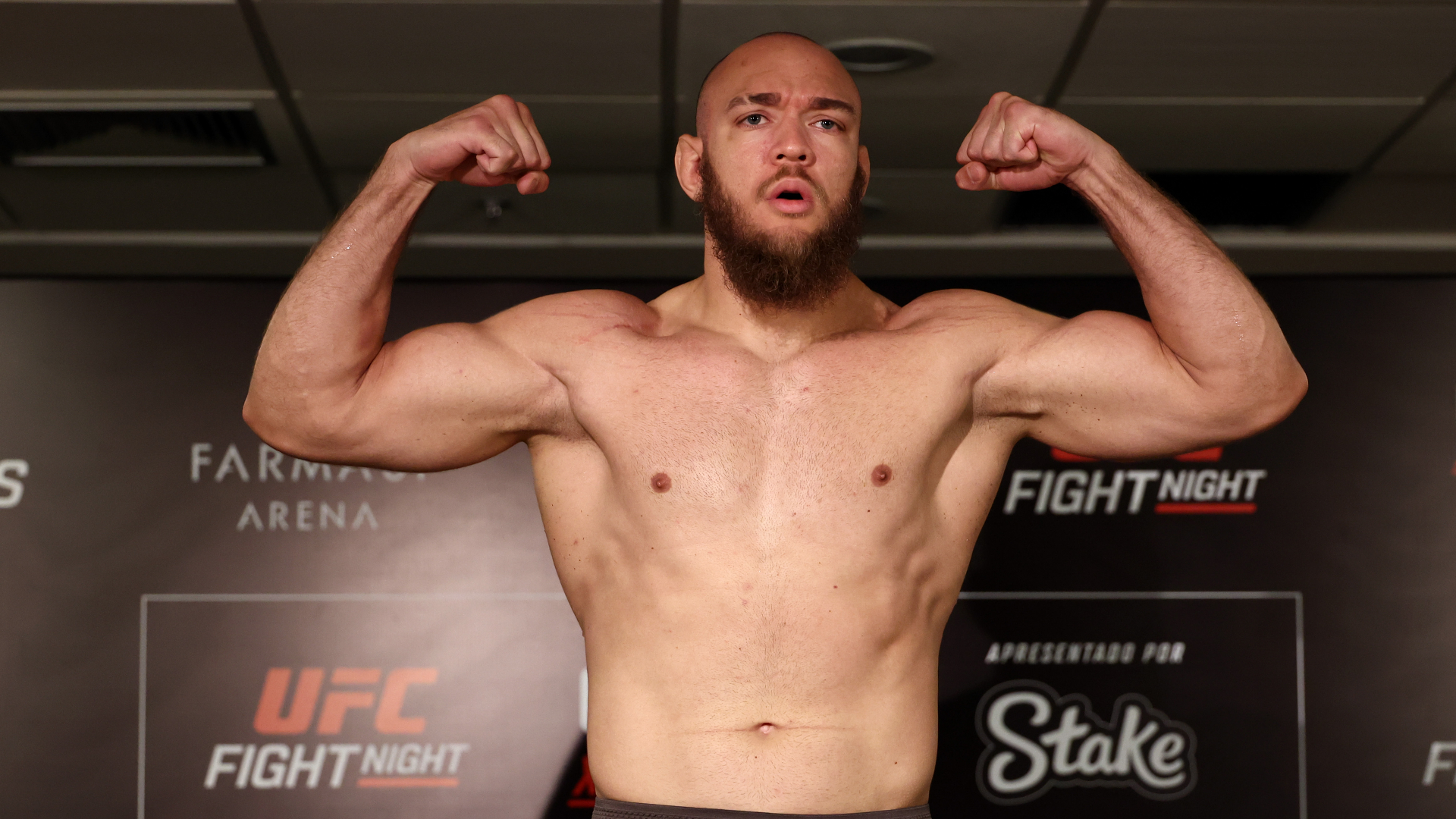
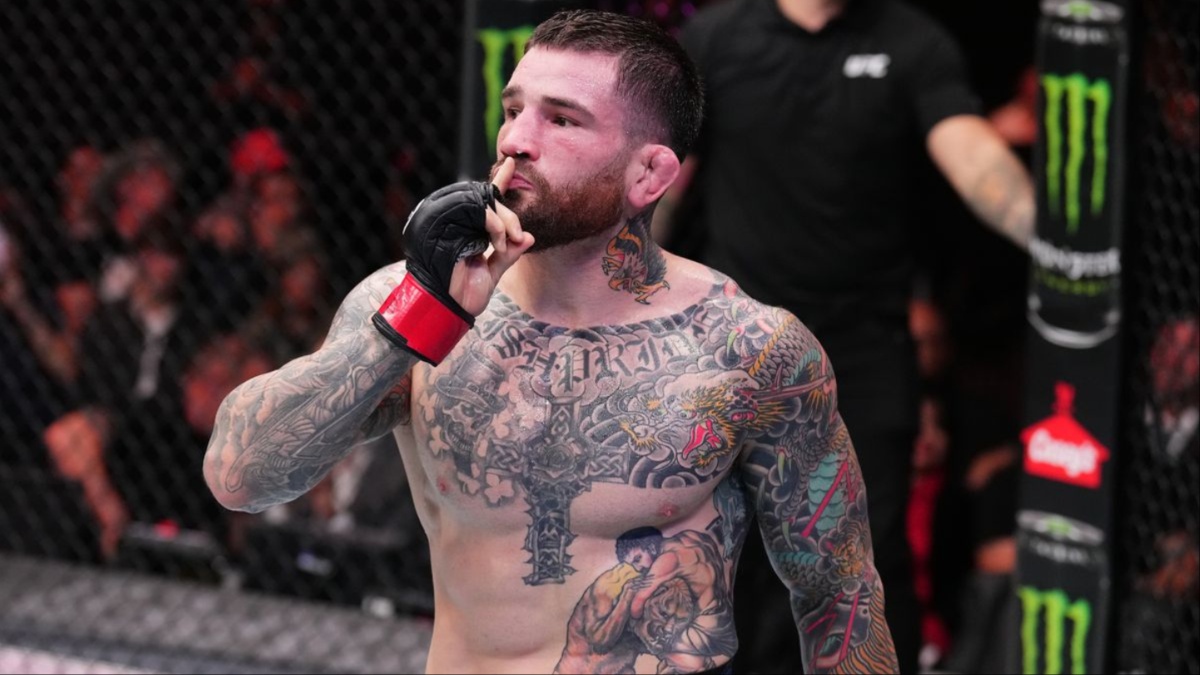

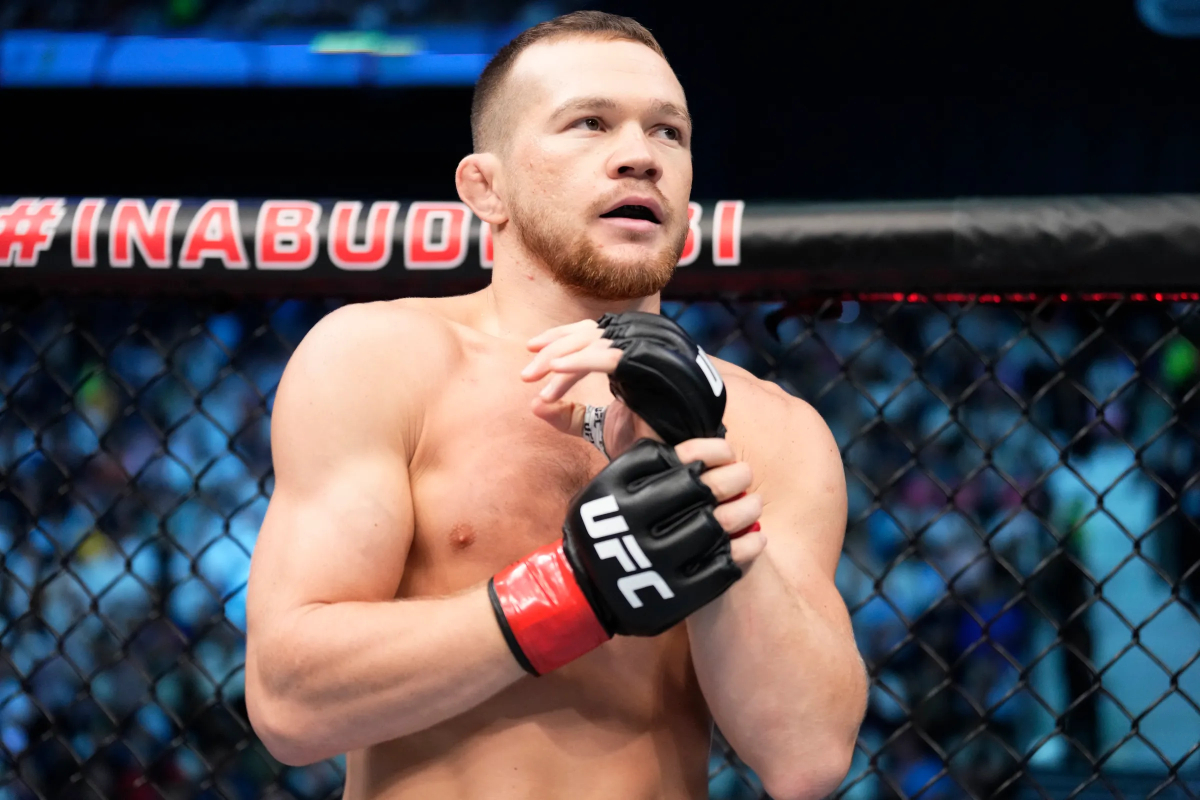
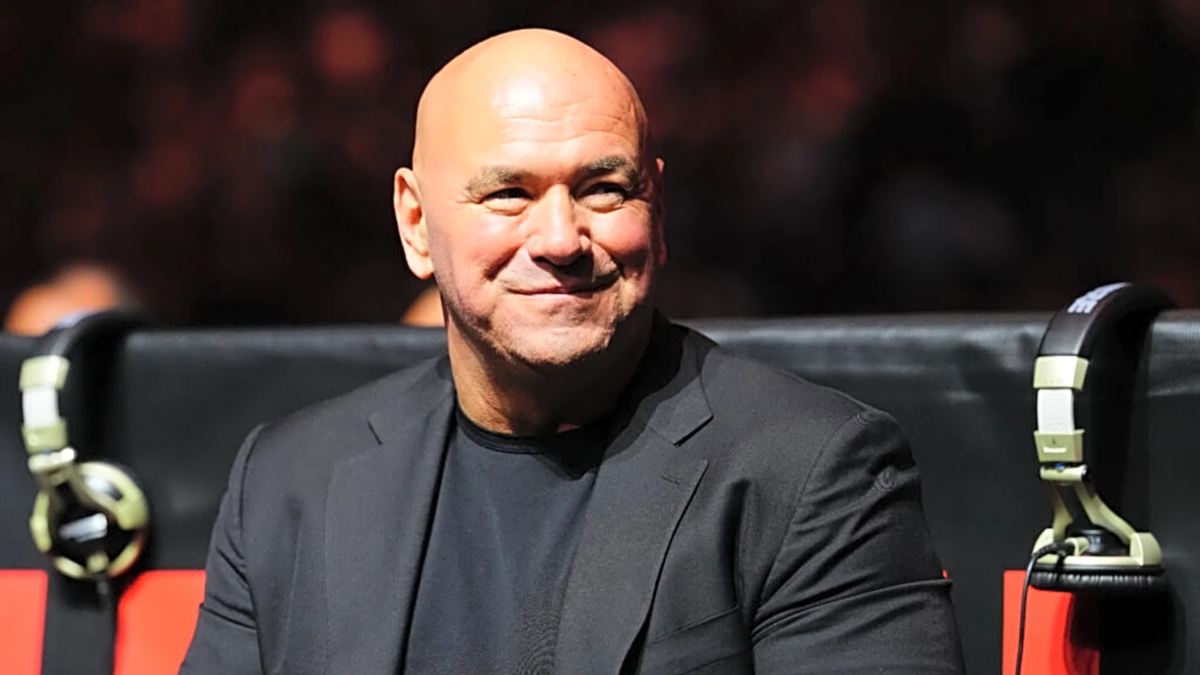
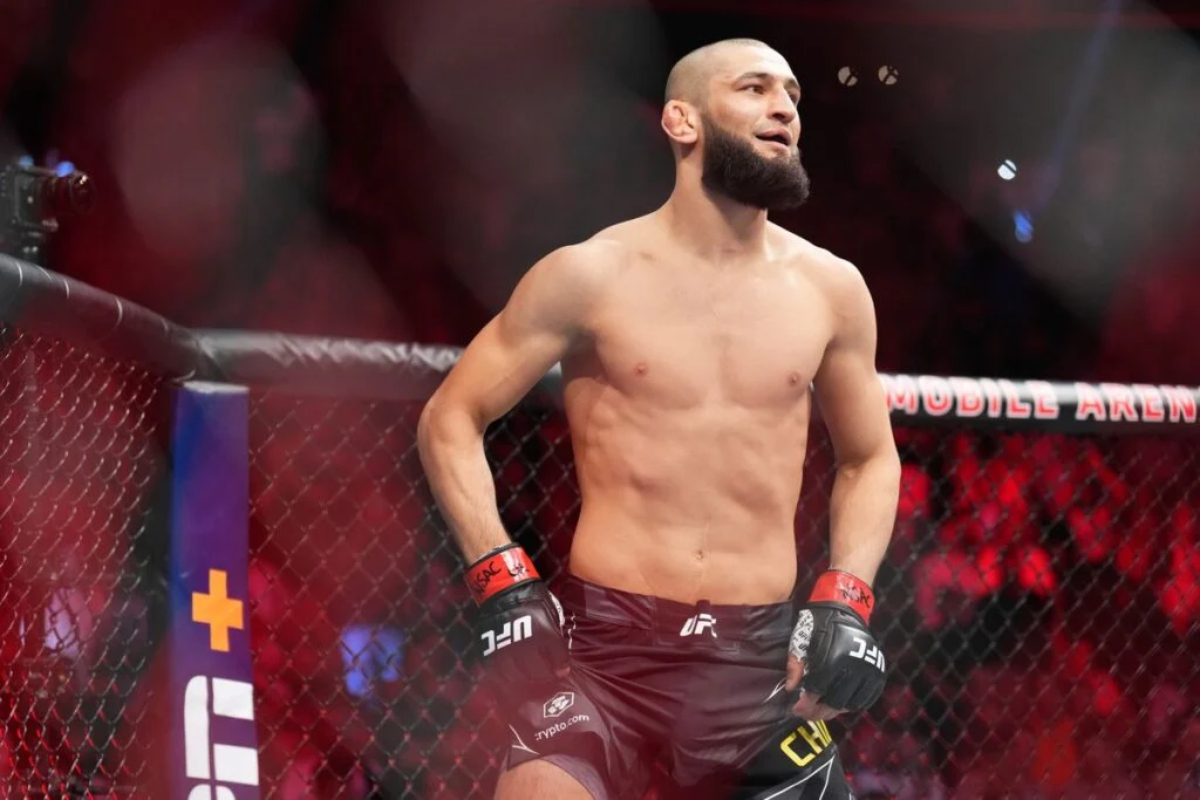
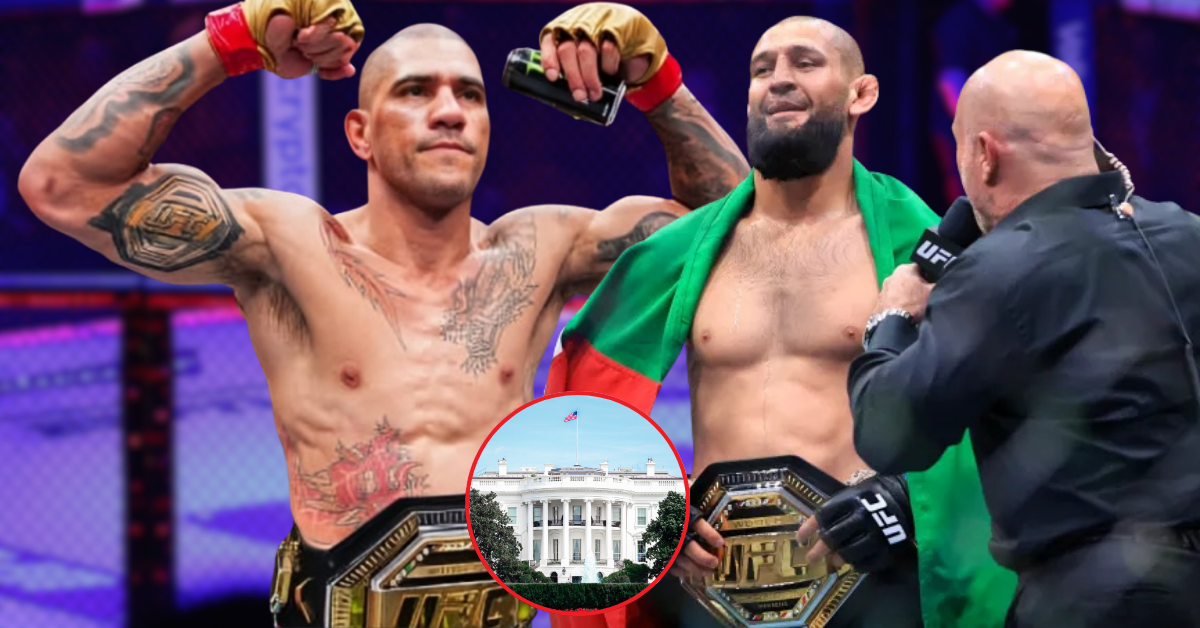






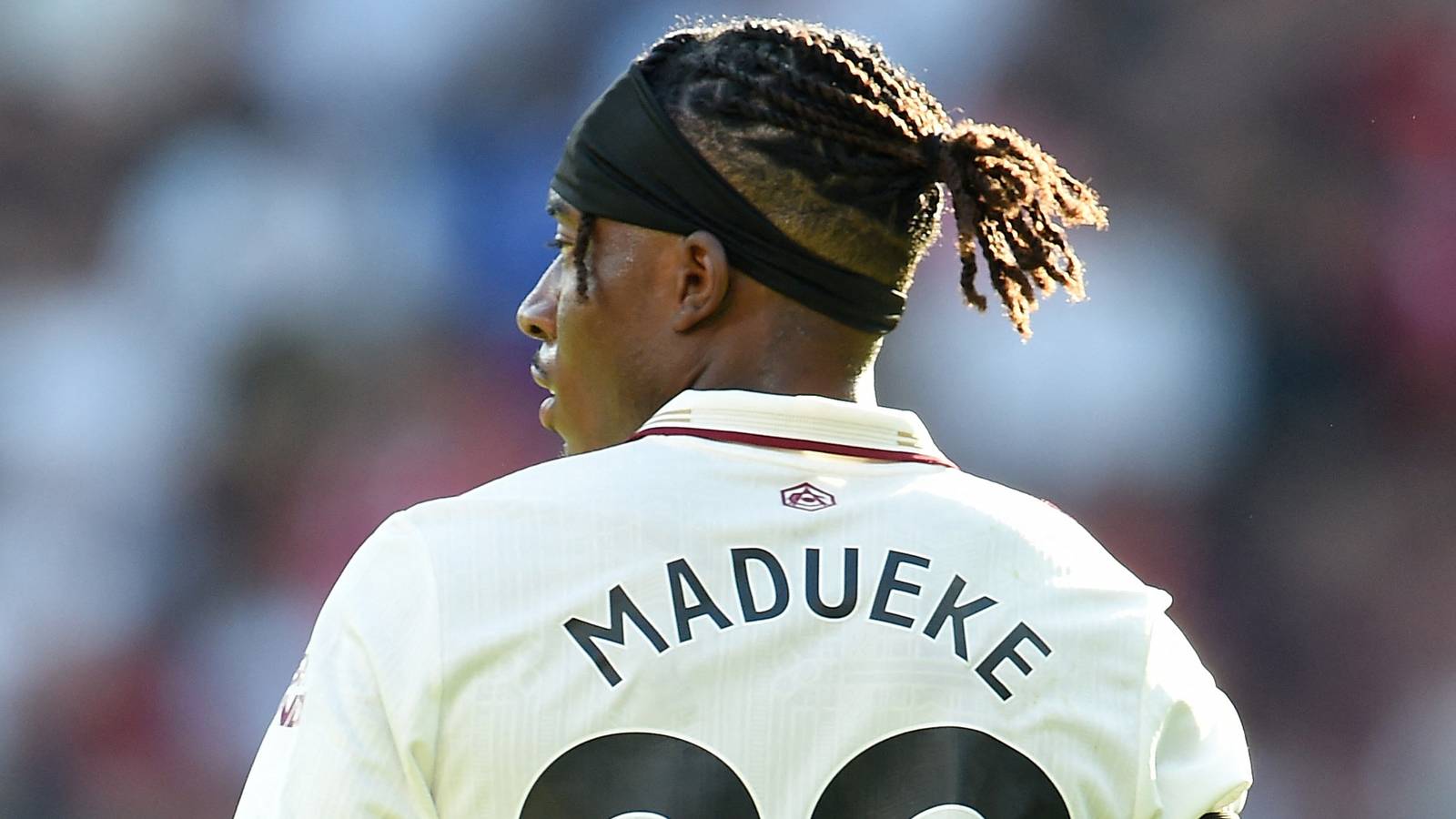



 English (US) ·
English (US) ·  French (CA) ·
French (CA) ·